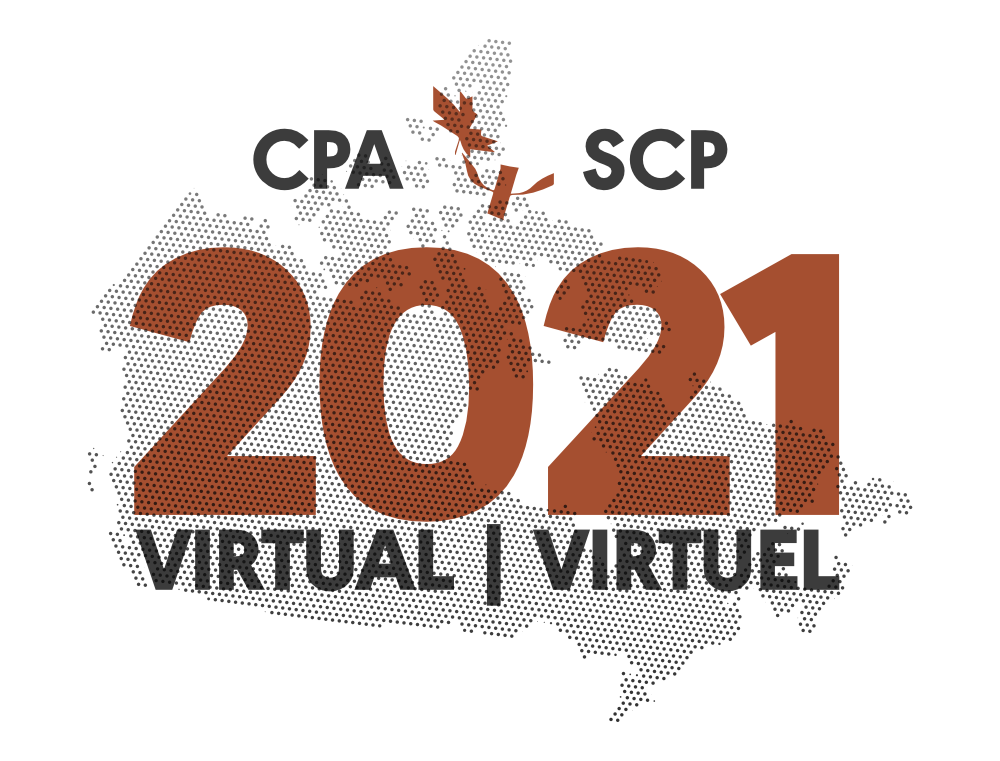PCW #8 - What Research Tells Us - and Doesn't Tell Us - About Technology, Youth, and Their Families (66357)
May 31, 2021 14:00 - 17:00
Virtual Event

|
What Research Tells Us - and Doesn't Tell Us - About Technology, Youth, and Their Families (66357) |
|
|
Presented by: |
Kelly Schwartz |
|
Sponsored by: |
|
|
Continuing Education Credits: |
3 CE Credits |
|
Language: |
English |
|
Cost: |
|
|
Duration: |
3 Hours |
|
Target Audience: |
Clinicians, researchers, and students. |
|
Skill/Difficulty Level: |
Intermediate |
|
Workshop Description: It would be an understatement to state that the social world of children, adolescents, and their families has been invariably changed by the advent of technology and social media. As psychologists, we are called upon to know about the important social domains that contribute positively and negatively to child and family mental health, and this workshop will utilize the existing empirical and theoretical literature to address three main objectives: 1) Explore the pervasiveness of media and technology in family's lives; 2) Digest the most recent research on how screen time and social media are changing the neurological, social, and emotional development of children and youth; and 3) Engage in discussion on discussing how family members can understand, model, and establish boundaries around media and how, when, and why screen time happens in families and its effects on youth mental health, peer and family relationships. The workshop will address both positive and negative implications of media and technology use in families and how psychologists can provide support. |
|
|
Learning Outcomes:
|
|
